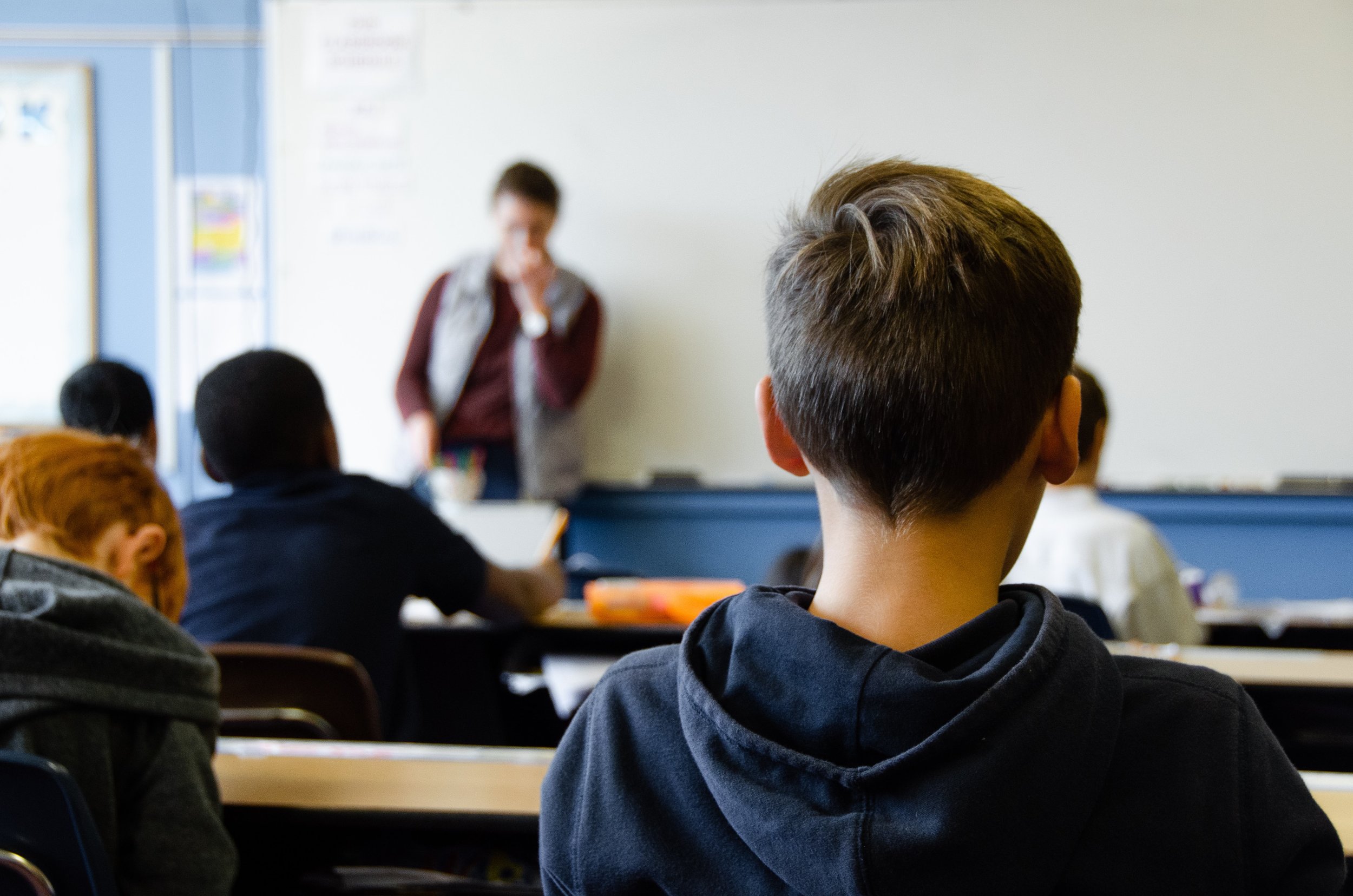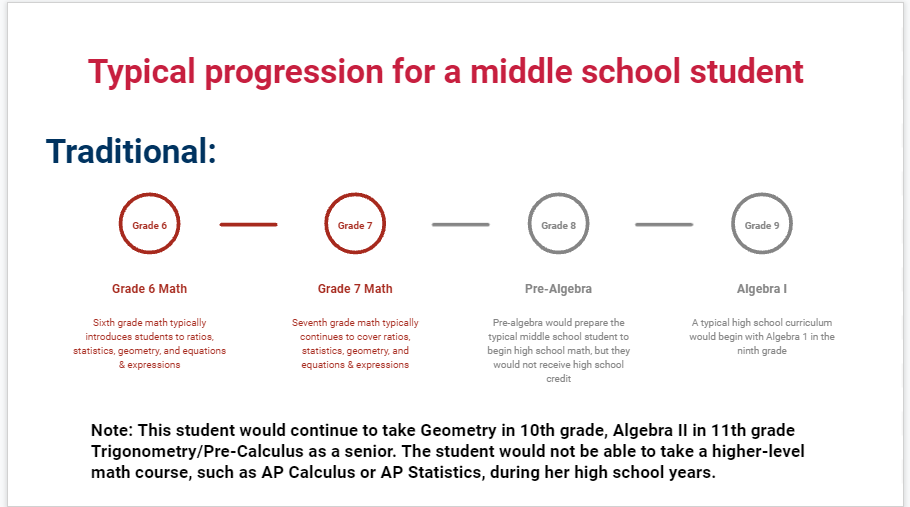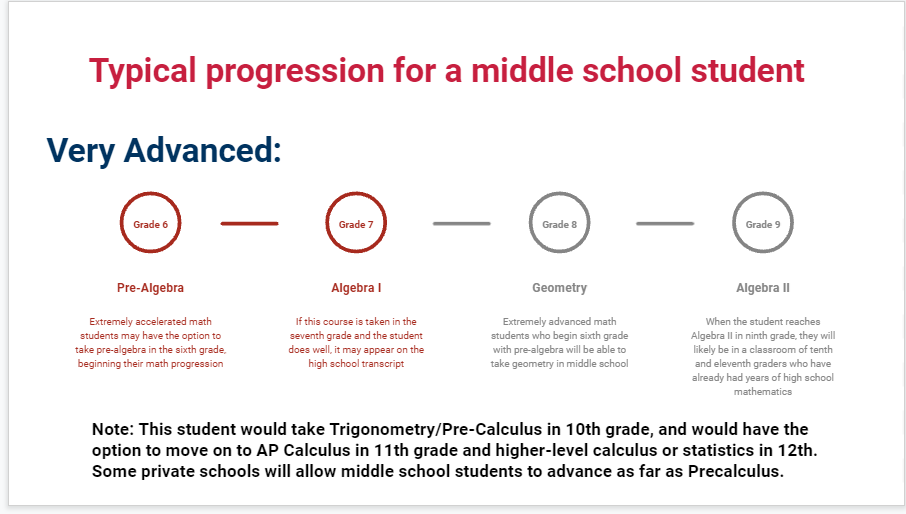I’m sure that most of you have read Dean J’s blog post by now with the EA admissions statistics for UVA’s Class of 2026. I love how she breaks the numbers down between in-state and out-of-state, by the way. That is so helpful and I wish other flagship state universities would follow suit.
The Early Decision numbers for in-state applicants didn’t change all that much from last year, except there was more of everything: total applicants, accepted applicants, deferred applicants and denied applicants. It all balanced out, though. 38% accepted as compared to 39% last year; 29% deferred as compared to 26% last year; and 33% denied as compared to 35% last year.
Early Action followed a similar pattern for in-state applicants - the raw numbers for each group were up, but percentages were actually exactly the same as they were the year before: 30% accepted, 27% deferred, and 43% denied.
But here’s the interesting thing. The percentages staying constant do NOT mirror what we are seeing and hearing anecdotally from kids here in Fairfax, Arlington, and even Loudoun County. Not at all. To the point that I checked my math about five times (I really hope I didn’t make a mistake)!
I am not going to perpetuate the rumor that UVA has quotas, because they don’t. Yet I would really love to know the breakdown of these in-state numbers by county or region. Is it possible that even though the in-state numbers as a whole don’t show a significant difference, the county-by-county breakdown would? It’s just really hard for me to wrap my head around the idea that the percentages stayed the same this year when so many of us counselors (independent and high school) are observing a different scenario with our Northern Virginia students:
Here’s what we noticed in particular:
Over the past two years there has not been a huge difference in terms of the quality of the admitted student pool between the ED and EA rounds. Statistically, ED is slightly easier, but it’s also a different applicant pool - there are typically more legacy students and recruited athletes in any school’s ED applicant pool. This can often balance out a moderate differential. Anyway, in terms of our internal data (which is admittedly statistically insignificant and from a similar demographic), it did not seem like the ED advantage was anywhere near as substantial as it is for some other schools. Other independent and high school counselors noticed the same.
This year was different, starting with ED. We had some students admitted in that round that I was very surprised (but thrilled, don’t get me wrong!) were admitted. These were not kids with any particular connections, either. And of course we also had students admitted ED that were extremely qualified. As well as a couple that we thought should have been admitted. But overall, it was a significantly easier ED year.
We did not have that many EA applicants this year, because so many of our students had UVA as their first choice and applied ED. We also had a lot of ED kids admitted to other schools who later pulled out their UVA EA apps. But of the remaining applicants we had in the EA pool, there were some really shocking decisions. Kids who 100% should have been admitted were not. If I shared their stats, which I can’t for confidentiality reasons, you would be shocked. And you can’t blame it on essays or teacher recs or something else, because these ultra-qualified kids have been admitted to other schools that are in some cases significantly more competitive than UVA. And SO MANY OTHER COUNSELORS are noting the same. I can’t tell you how many conversations I have had this week about it.
A number of students (not our clients, actually) were not admitted even though they had already advanced in the rounds for the Jefferson Scholarship. This is WILD to me. Understandably, these students were more focused on the scholarship at this point and assumed that admission itself was more or less a done deal, since, hello! They are supposed to be the top students in the applicant pool! The reason this is so interesting to me is because the admissions committee does not make the decisions for Jefferson Scholars - it's a separate committee from the Jefferson Scholars Foundation. And my assumption is that the Jefferson Scholars committee is free to make decisions based on merit, while the admissions committee has to take other factors into consideration about shaping the class.
Again, I don’t want to sound like a conspiracy theorist, but the stats do not add up with what we observed from other years with our admittedly-not-representative-of-the-state-as-a-whole student group.











